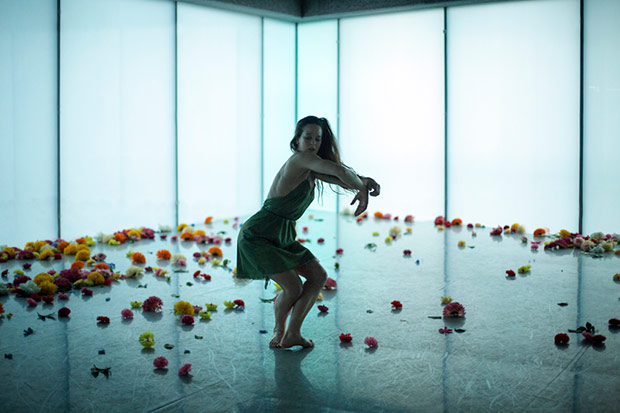
© Andrew Ogilvy. (Click image for larger version)
Georgia Parris (director), Bobbi Jene Smith (dancer) and Maxine Doyle (choreographer)
Mari
★★★✰✰
Reviewed at Soho Screening Rooms, Soho
www.marifilm.uk
Mari is the debut feature film directed by Georgia Parris which sets out to examine the complex relationship between different generations of a family and uses contemporary dance in a sort of parallel world to express an emotional history. Mari is the grandmother (Paddy Glynn), lying on her deathbed, who brings together feuding sisters and their mother, in her final days. Charlotte, (Bobbi Jene Smith) is a successful dancer/choreographer who rushes to join her family just days before her latest creation is performed. On discovering she is unexpectedly pregnant, we are drawn into the dilemma she has about whether to keep the baby, mortality and motherhood and the fragile situation in which she finds herself.
It begins in the rehearsal studio (choreography is by Maxine Doyle) and we see the intensity with which Charlotte works. It’s interesting to witness the creative process in this genre. It could be considered to be overly self-indulgent, even brutally ugly at times but the commitment shown by Charlotte and her team of dancers fairly leaps off the screen. The journey she experiences in the studio, is loosely replicated when she leaves London and arrives at the matriarchal home in Dorset. She is constantly reappraising her thoughts, her emotions and trying to make sense of what is happening. Her mother, Margot (played so sensitively by the wonderful Phoebe Nicholls), and her sister, Lauren (Madeleine Worrall), are there already and the tensions between the sisters, the highly strung artist and the stay at home wife and mother, are immediately evident.
The film succeeds very much in the way it expresses the rawness and depth of emotion when put under extreme pressure. The frequent misunderstandings, the interpretation of a look, or perhaps what is left unsaid, it verges on being depressing but only because it inevitably brings up feelings with which one can easily identify.
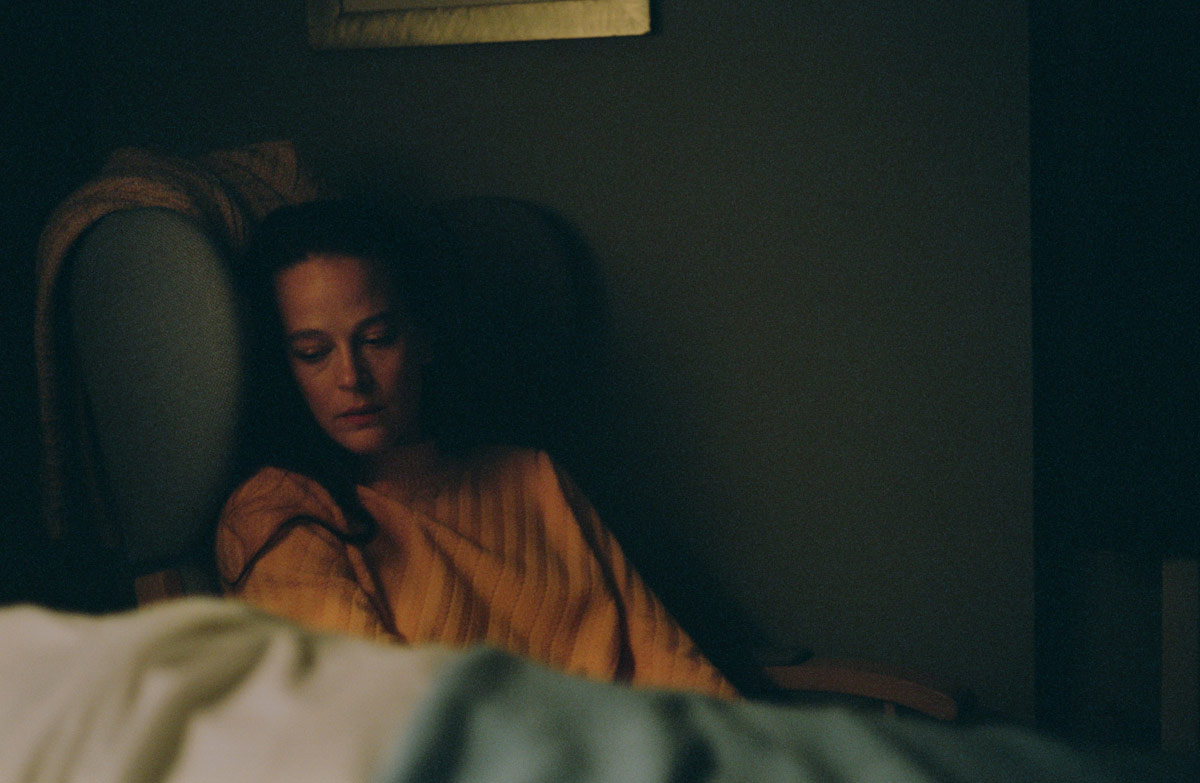
© Boudica Films. (Click image for larger version)
At times it was uncomfortable – the moment when Lauren remarks that real life is more important than Charlotte’s job and Charlotte retorts that it’s not a job, it’s her life! A valid acknowledgement that dancers do, inevitably, live an insular lifestyle as the career absolutely demands that level of dedication. Some of the scenes are beautifully touching and visually satisfying. There is a scene where Charlotte is dancing in a skateboard park, her shadow starkly mimicking her shapes on the concrete and the sounds of nearby wheels racing on the adjacent dips and troughs – it’s poignancy not lost with the disappearance of the shadow. In fact sound generally made a great impact on me throughout, whether it was voices heard in the background; the elements; the moment when Charlotte opens the window in the hospital room as the oppressive rasping of Mari’s final breaths becomes too much and the birdsong fills the atmosphere. I confess to weeping at the end as it was so reminiscent of my own mother’s passing, I could simply feel their pain. The acting is first rate, not just from Nicholls but Smith makes a terrific debut as an actor, her thoughts readable on her expressive face and Worrall, absolutely believable as the envious, frustrated sister.
This is hardly a feel good film – the subject matter is far too serious and sad, but in its attention to detail (the Dorset house could have been my own grandmother’s house), the sensitivity with which the eternal theme of fractious families and ultimate bonding, is handled, is provocative and profoundly honest. It’s pace is slow but necessarily so, and it’s immersive – I didn’t feel that liking the characters was a prerequisite, but their experiences resonated very deeply.

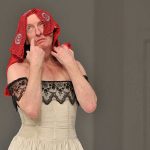
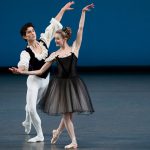
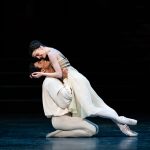


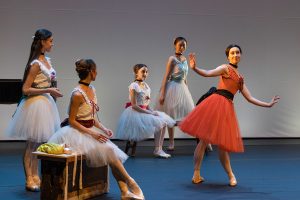



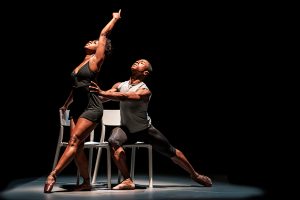
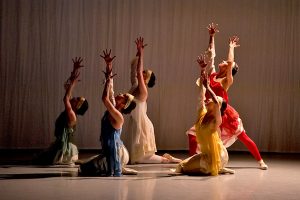

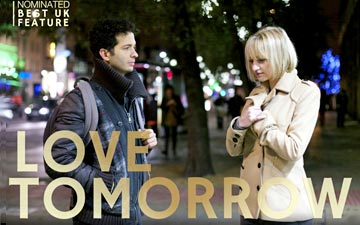

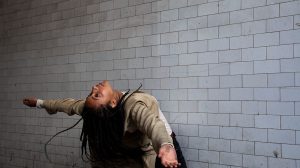
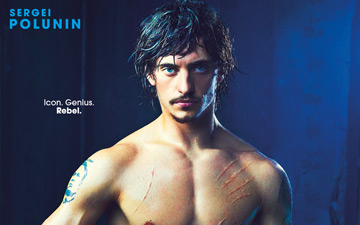
You must be logged in to post a comment.